Mobile Web or App? What you should choose for your Business?
It is 2010, your business is running fine. The sales are doing great through the online web applications, but then the mobile revolution came, and you find that the growth in sales is decreasing, the profits aren’t as per expectations, and your customer reach is eradicating.
As the world is moving mobile, it is has become highly important to reach your customer through their smartphones. Now you need to build a mobile presence for your business either through a mobile web application or mobile website. But which would be best for you? Let’s just find out in this article.
A lot of non-technical people may find both the terms replaceable to each other, however, there are big differences between a mobile web application and a mobile website. They have different goals and serve your customers with different approaches.
What are the differences between a mobile application and a mobile website?
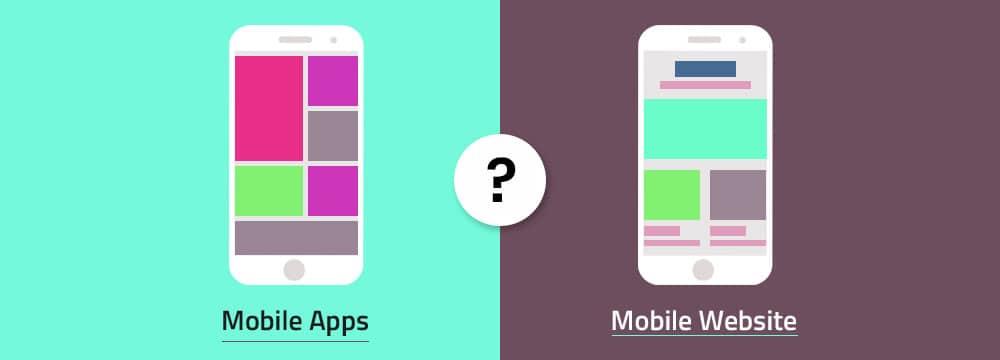
There are no restrictions on the accessibility of mobile web applications or mobile websites for both Android & iOS users through their smartphones or tablets.
Mobile websites are more like the traditional websites which are built of HTML pages linked to each other and functioning with the help of internet connection. However, a mobile website is built specifically for mobile phones i.e. as per the screen resolutions, and mobile features. The web pages are needed to make responsive to the mobiles. For this, web designers need to understand the greater number of users prefer using mobile devices of various screen sizes, and layouts. The site should be able to display text content, audio, video, and images. They can also access mobile-specific features such as click-to-call or location-based mapping.
On the other hand, mobile apps are applications that you can download and install on your smartphone whether Android or iOS. The apps can pull the data and content through the internet, just like a website. Nowadays, the apps can also download the content which can be used later without the internet connection. A great example is Amazon Prime, where you can download the videos and can stream later without the internet. We will delve more into the benefits of both Mobile Apps and Mobile Websites.
Read more: Unlocking Business Growth: The Impact of Enterprise App Development
Benefits of Mobile Websites:
As mentioned above, mobile is like a traditional website but built specifically for the mobile interface. It comes with responsive design and works for different screen sizes. Some of their benefits are:
1. Instantly Available:

While you need to download a complete mobile app to access, mobile websites are instantly available through a browser across different platforms. Hence, the sites overcome a barrier between initial engagement and action/conversion.
2. Compatible Across Devices:

You need to develop a single mobile website to run on a wide range of devices whether it is Android, iOS, Windows, or Blackberry. The websites are compatible with all. However, mobile apps can run on specific versions of mobile operating systems. Furthermore, mobile website URLs are easily integrated within other mobile technologies such as SMS, QR Codes, and near field communication (NFC).
3. Instantly Updates:
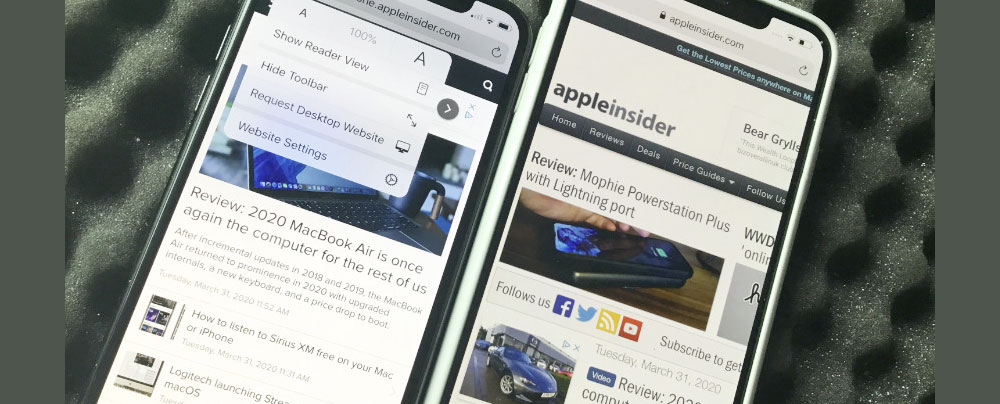
You can easily update the features and functionalities of your mobile website. It offers you great flexibility to update the content. If you want to change the design or content of a mobile website you simply publish the edit once and the changes are immediately visible.
4. Easy to find:
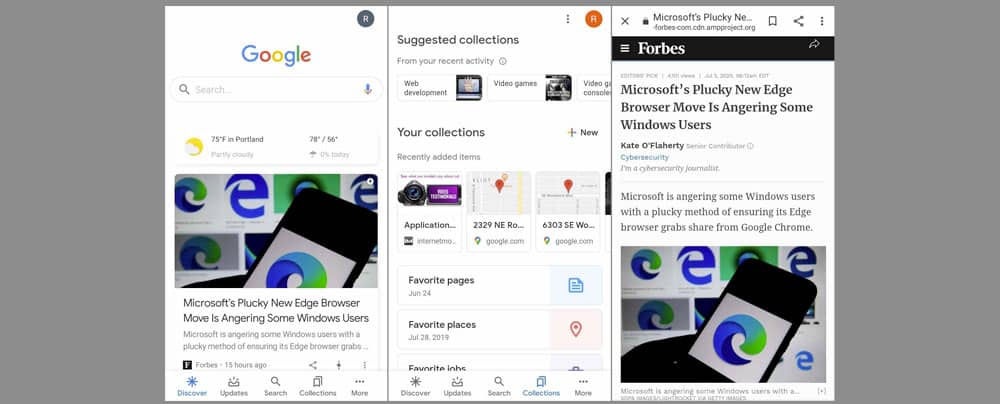
Mobile sites are easy to find because you can apply great SEO services which can enlist them in the top search results easily. Also, their pages can be displayed in search results and listed in industry-specific directories. Most importantly, the regular visitors to your site can be automatically sent to your mobile site when they are on a handheld (using device-detection).
5. Reach to a broad range of audience:
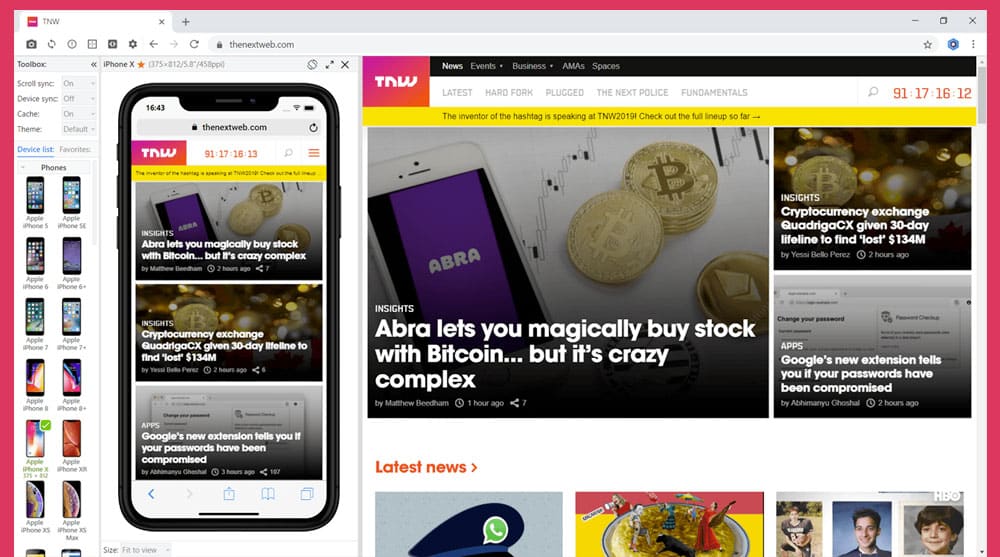
As a mobile website can run on many different platforms, and devices, it has a very high range of reach to the audience.
Read more: How Can AI Improve DevOps?
Benefits of Mobile Applications:
Mobile applications can be native as well as hybrid. The native mobile apps are only for one platform like iOS or Android, however, the hybrid ones are made on frameworks like React Native can run on both iOS and Android.
1. More Branding Opportunities:
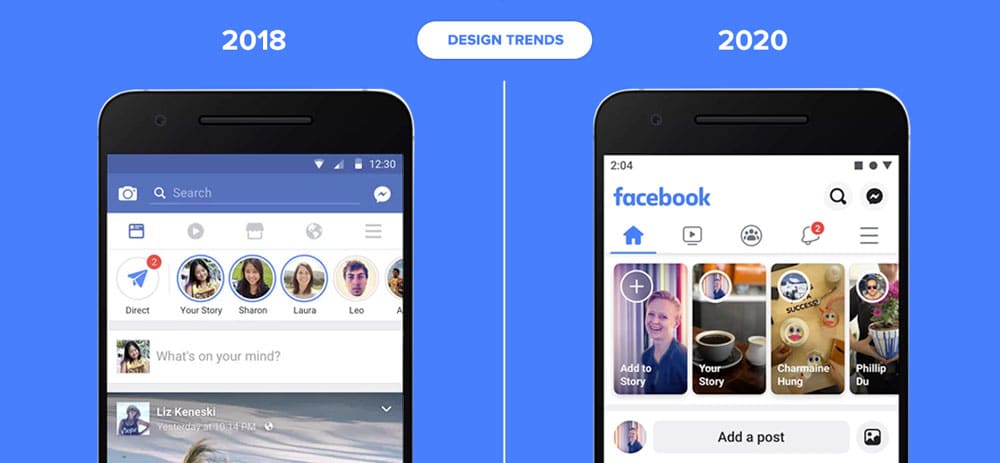
A mobile entity is a completely different entity from the company’s website. It can offer the company builds new branding opportunities. On a mobile web application, you can experiment with new tactics and styles with a mobile web application. A mobile app can also deliver those services in which the company’s website is not able. There are scenarios when the company’s site can’t offer enough to the users but the app can offer a great level of engagement.
Read more: Test Automation For Improved Efficiency & Reliability
2. Personalization:
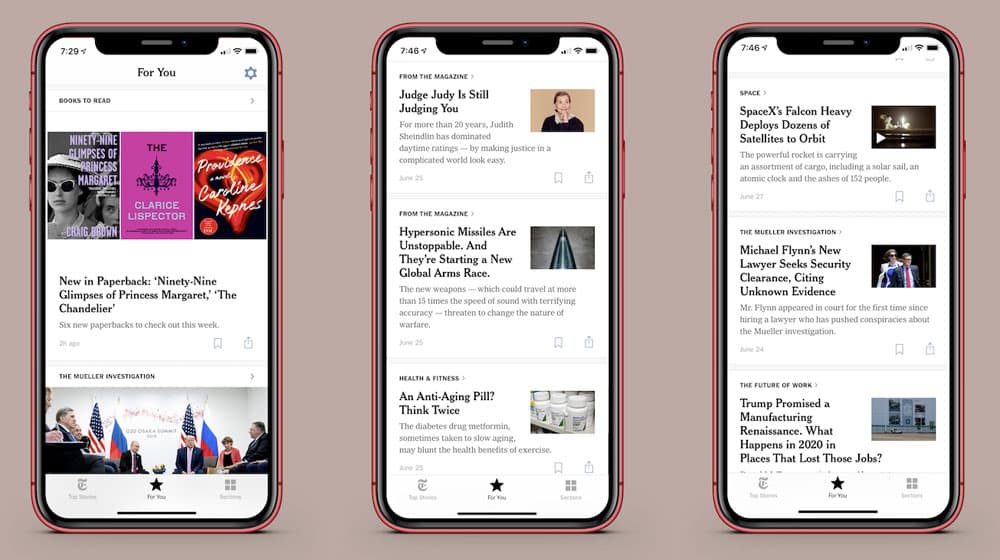
Personalization means providing a customized experience to the users based on their interests, location, user behavior, and other things. Using mobile apps, you can easily provide a higher level of personalization to your customers. Built with business analytics, the apps can track user engagement, offer product or services recommendations, and updates to the users. You can set up your choices & preferences while installing the app. For e.g. a music app or a new app asks your interests, which genre of songs you prefer, or which type of news you read. Also, the mobile applications can identify your geographical location and can serve you the geography-specific content such as special food, cuisines, or tourist place of that city.
3. Take advantage of device abilities:

While installing the app, mostly all apps ask for the permission of accessing the microphone, Camera, GPS, etc. A mobile app can leverage these capabilities to provide a better user experience such as voice assistance for easy shopping, GPS in food apps to show you nearby restaurants, camera for uploading documents, etc. Some other capabilities are:
- Push notifications
- Tap-to-call/email
- Device vibration/ alerts
- Camera
- Instant and automatic updates
4. Offline Access:

Many mobile apps can run without an internet connection. These apps are mostly games and content-based information. However, now video streaming apps, and music apps are also giving their users to download music on their mobile and stream in while you are low or no internet connection.
5. Better Customer Engagement:

Mobile apps have their own interface environment due to which the user gets an immersed mobile experience. They are built with a purpose such as an e-commerce application, which fulfills all the necessary requirements of the user.
Mobile apps can interact with users in many interactive ways. Rather than looking at the exact same text and images as a website, apps can integrate features that allow users to interact with certain components of the app. When a mobile app delivers a better deal to the user, the business definitely gets a good return on the investment.
6. Brand Presence:

Another plus point of a mobile web application is that your company’s mobile app has taken a significant place on your customer’s device. This gives you many opportunities to convert your mobile app visitor into a customer, which is often not a case with mobile websites. Even when the users are not using your app, they will see your app’s icon (which is your company’s brand) in their app list. This will give them a constant reminder of your company’s services. You can also leverage Push Notifications to attract your customers and then convert them.
Read more: Agile Testing: How QA Works When Your Team Goes Agile
Which is the Better Option?
While deciding which could be a better option, you need to first enlist your business objectives and your target audience. If you want to engage your customers, communicate with your customers for their loyalty, a mobile app is feasible, but if you want to provide mobile-friendly content to a wide range of audience you can opt for a mobile website.
At Amplework, we are having expertise in developing astonishing mobile applications that can serve your company and build a great brand. Our expert mobile developers give you seamless mobile app development with amazing features.



 sales@amplework.com
sales@amplework.com
 (+91) 9636-962-228
(+91) 9636-962-228





